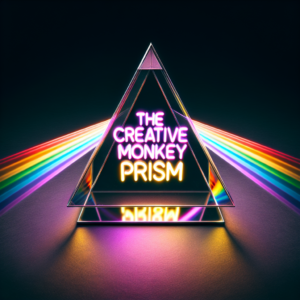Procrastination often gets a bad rap. But what if we think of it as a curious form of time travel? We’re effectively pushing tasks forward in time, choosing to engage with future versions of ourselves. Let’s hop into our metaphorical DeLorean and explore this peculiar relation between procrastination and time travel.
10 Temporal Procrastination Insights
- Future Self: Procrastination involves a curious dialogue with our future self, offloading tasks for them to handle.
- Temporal Distance: By postponing tasks, we create a temporal distance, effectively ‘travelling’ into the future.
- Past Regrets: The act of procrastination often leads to revisiting past regrets when tasks pile up.
- Present Bias: We tend to overvalue immediate rewards – a concept known as present bias, which fuels procrastination.
- Time Perception: Procrastinators often have a skewed perception of time, underestimating the time required for tasks.
- Emotional Journey: Procrastination can be seen as an emotional journey, as feelings of guilt, stress, and relief punctuate this form of ‘time travel.’
- Time Management: Understanding procrastination as a temporal phenomenon could lead to more effective time management strategies.
- Future Optimism: Procrastinators often harbour an overly optimistic view of their future selves and their capabilities.
- Mindful Moment: Addressing procrastination involves staying in the present moment and dealing with tasks at hand.
- Personal Growth: Overcoming procrastination can lead to personal growth, as we learn to navigate our temporal existence more efficiently.
QR Poet Summary
Today, take note of when you procrastinate and imagine it as a quirky form of time travel. Recognise your dialogue with your future self and contemplate the emotional journey it entails. And remember, every moment spent in the present is a step towards more effective ‘time travel.’
The Big Question










